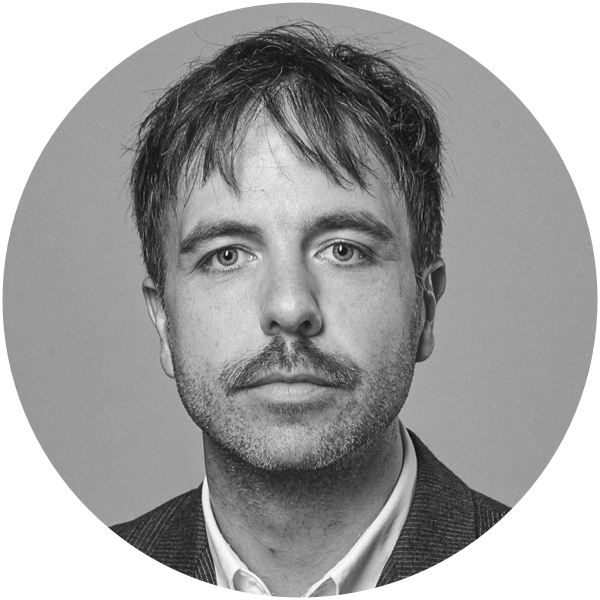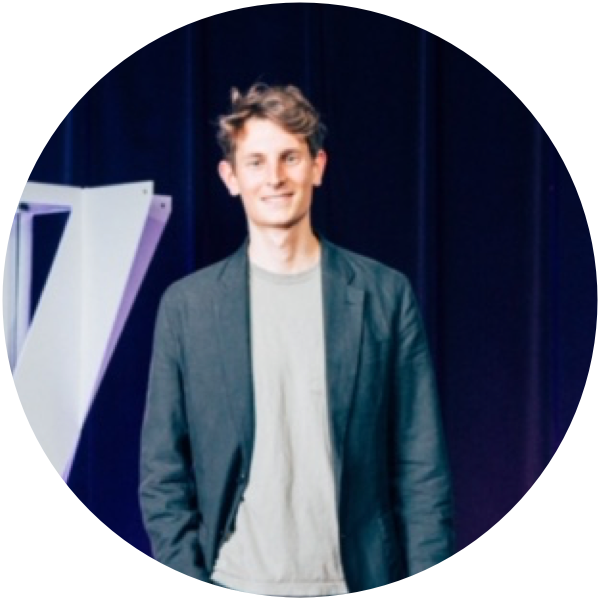CIRM welcomes two new members
CIRM is pleased to announce the addition of two new members: Guillaume Éthier (UQAM) and Matthew Claudel (MIT)!
Guillaume Éthier

Guillaume Ethier is Professor of theories of the city and space-society relations in the Department of Urban and Tourism Studies at UQAM. He is interested in contemporary urban forms as reflections of society. In addition to two postdoctoral fellowships at the University of Edinburgh and McGill University, he has completed a doctoral dissertation awarded with Phyllis Lambert Prize (thesis of the year on the study of architecture in Canada) and Jean-Pierre-Collin Award (thesis of the year in urban studies of the network Villes Régions Monde). In recent years, he has published the book Architecture iconique : les leçons de Toronto (PUQ, 2015) and edited the collective work The Spectacle of Heritage (PUQ, 2017). For a number of years, he has been involved in placemaking in Montreal, notably with the organization La Pépinière Espaces collectifs, for which he has been leading since 2018 a vast project to study the impact of its actions. He is also interested in urban changes in the digital era, a topic discussed in a forthcoming essay, La ville analogique.
Matthew Claudel

Matthew Claudel is a designer, researcher and writer. He co-founded MIT’s designX program, where he is the Head of Civic Innovation. Matthew has co-authored two books, Open Source Architecture and The City of Tomorrow as well as dozens of articles and chapters. Matthew is a fellow with the McConnell Foundation’s “Cities for People” initiative, and served on the jury for Canada’s national Smart City Challenge. He is a protagonist of Hans Ulrich Obrist’s 89plus global community of artists. In 2018, Matthew received a Public Policy Fellowship from the Rappaport Foundation to work with the Boston Mayor’s Office of New Urban Mechanics on strategies for enabling place-based innovation and experimenting with civic technology. He studied architecture at Yale, and received a Masters of Science in Urban Studies from MIT, where he is currently writing his doctoral dissertation on civic innovation systems.